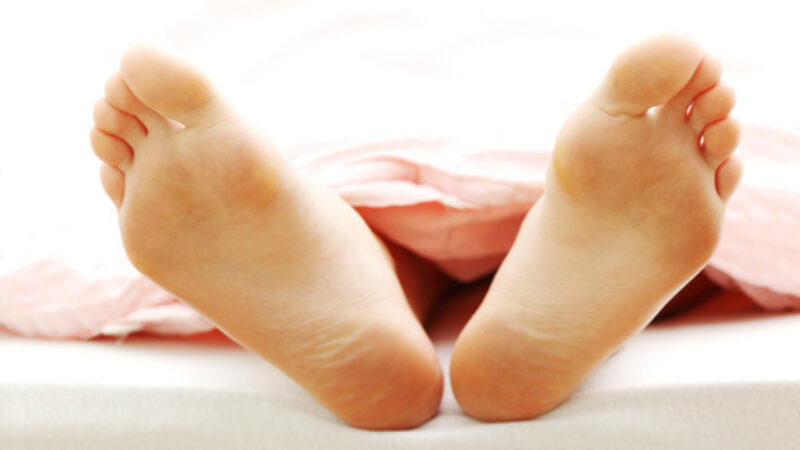 New Jamieson Melatonin-3 Strips may become your new BFF on that next long haul trip!
New Jamieson Melatonin-3 Strips may become your new BFF on that next long haul trip!
If you’ve ever taken a holiday that started with a long plane ride, you’ll know how much jet lag can affect your vacation. Starting your journey in one time zone and quickly ending up in another sets the body’s natural inner clock. When we experience day and night contrary to what our bodies are used to, our natural rhythms of waking, eating and sleeping become out of synch, leading to symptoms such as:
- Insomnia, leaving us awake all night
- Dizziness or a feeling that the ground is moving
- Fatigue as we are unable to get adequate sleep
- Irritability
- Nausea or an unsettled stomach as we eat meals when our bodies are not sending our brains the signals that mean hunger.
Although the body naturally re-aligns with the new time zone over the space of a few days, discomfort during the adjustment period can put a hamper on your holiday. Cue Jamieson Melatonin-3 Strips.
Melatonin, a hormone naturally secreted by the pineal gland, helps regulate the body’s rhythms, particularly our wake/sleep cycles. A recent study published in 2009 found melatonin, taken at bedtime for the first few days, to be remarkably effective in reducing the symptoms most commonly associated with jet lag. As natural levels of melatonin are highest at night, it is believed that doses of up to 5mg of the hormone taken at night help people fall asleep faster and sleep better, thus adjusting more quickly to the local time zone.
What else can you do to help minimize the effects of jet lag?
- Expose yourself to as much bright morning light as possible. Much of the body’s natural circadian rhythm or 24-hour cycle is regulated by light. (Just make sure you apply sunscreen if you’re outside!)
- Get some exercise. Whether you stick to your usual morning run or a 30 minute walk after dinner, getting some exercise, preferably outdoors, will help you sleep better and expose your senses to your new environment’s sunrise and sunset cues.
- Eat when the locals eat, thus “rescheduling” the body’s hunger times.
- Avoid napping as this will hinder the body’s efforts to anchor itself in the new time zone.
Finally, take it easy for the first few days after arriving at your destination. After all, it’s a holiday, isn’t it?



